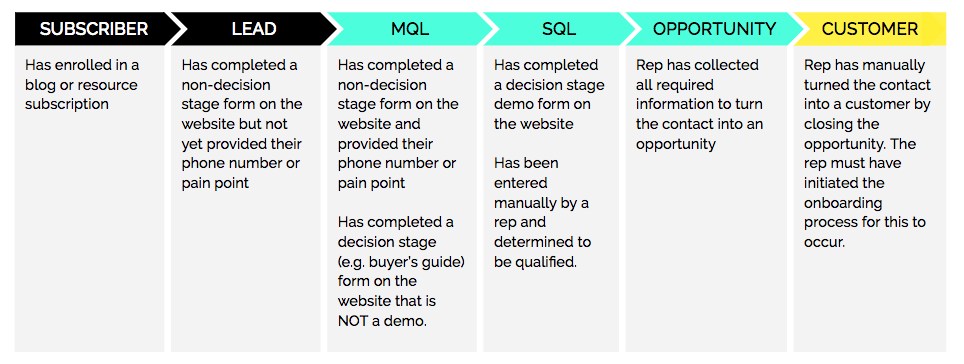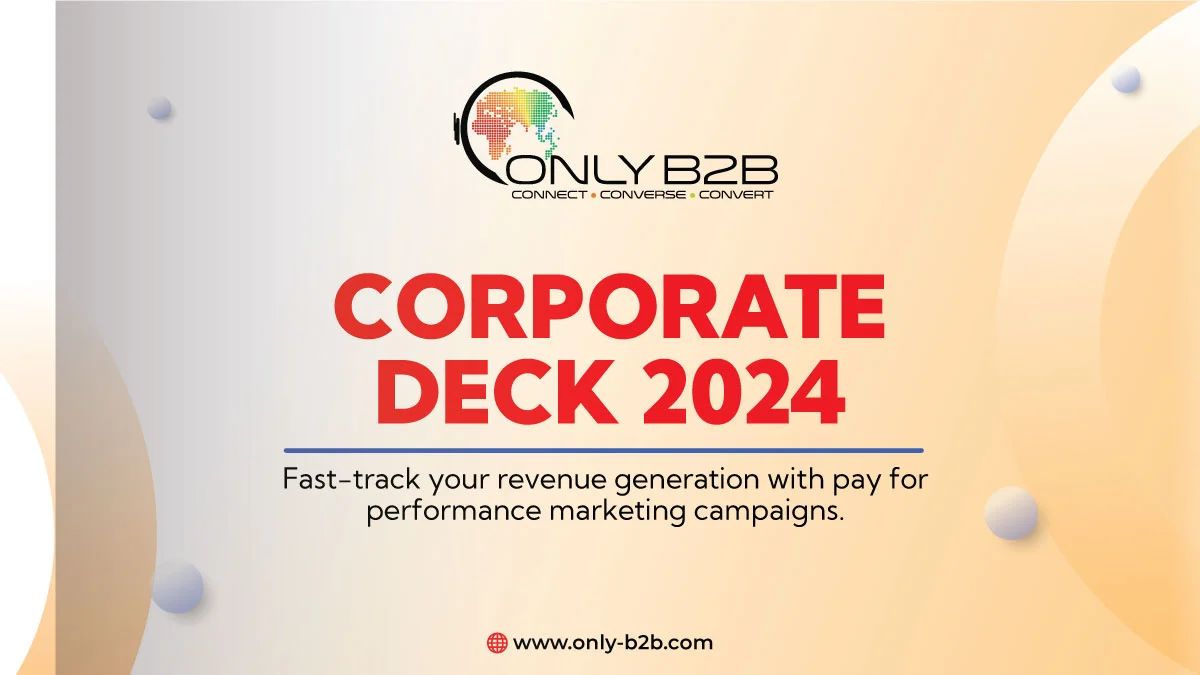A marketing qualified lead (MQL) is one who has acquired a piece of content or connected with your marketing team but has not yet approached your MQL vs. SQL sales funnel. To generate MQLs, focus on creating engaging and informative top-of-funnel content.
A Sales Qualified Lead (SQL) is a lead that has been verified as a possible customer by your sales team. SQLs are in your sales funnel, and your team is focused to get them to sign a contract.
Leads. Everyone craves leads, but few people know what to do with them once they acquire them. This is when the inbound strategy comes into play. In the modern era, digital customer and the inbound sales process sets a big emphasis on MQLs and SQLs. It’s engineered to help both marketing and sales teams foster quality leads all the way across to a sale.
So what are they, how do you tell them apart, and how can you use both MQLs and SQLs to increase the ROI of your inbound sales process?
Here’s an explanation of the MQL vs. SQL debate, packed with recommendations on how to construct them and how to utilize those concepts to improve the reliability and efficiency of your sales and marketing processes. Understanding your MQL to SQL conversion rate is also crucial in this process. Let’s begin with the basic fundamentals.
MQL vs. SQL: Which Lead Matters More and When?
What Exactly Is A MQL?
A marketing qualified lead (MQL) is a website visitor who your marketing team believes has a good chance of becoming a customer. MQLs are pre-qualified leads who match your customer profile.
However, they lack a few qualities that would make them an excellent addition to your sales team compared to highly qualified leads (HQLs).
Perhaps they’re working on a lengthy buying cycle. Alternatively, they may be in the correct industry and have decision-making authority, but they lack the necessary money or reasonable budget expectations.
In a nutshell, a MQL is a decently qualified lead that fits one or more of your customer profiles but isn’t quite willing to buy.
And What Exactly Is A SQL?
A sales qualified lead (SQL) is one that your sales team has determined is worthy of further investigation. They’ve completed the contemplation stage and are now in the decision-making phase of their marketing funnel.
A sales qualified lead is often validated following an early contact contact with a member of your sales team, who may assess the lead’s interest in your service and motivation to buy.
An SQL is a buyer who has expressed an interest in making a purchase and sees your organization as a viable option.
Must Read: How to Convert Marketing Qualified Leads to Sales Qualified Leads
MQL Vs. SQL: How Do They Differ?

Source: SmartBug
The desire to buy is the most critical distinction between MQLs and SQLs. While there are other elements that influence whether a lead is marketing or sales-ready, the intent to buy is the most important indicator for strategists when determining whether or not to move a lead on to sales.
That’s a precise indicator that they’re confident to talk with sales, and it means sending them forward to sales is the best approach to fulfill that lead.
Because MQLs and SQLs can change depending on the market and even specific organizations, below are a few instances of what qualifies as a MQL vs. SQL:
Recurring Visitor vs. First-Time Website Visitor
A prospective MQL is someone who comes for the first time. They’ve just just begun their buyer’s journey and are gathering information that will eventually assist them in making a purchase decision. Here’s where lead nurturing strategies for MQLs become crucial. By providing valuable content and nurturing these leads throughout their buyer’s journey, you can help them progress towards becoming Sales Qualified Leads (SQLs).
An SQL, on the other hand, is a repeat visitor who has visited your site several times and is viewing critical pages and collecting bottom-of-funnel content offerings. They keep coming back because they enjoy the content you’re providing. And if they keep returning, they’re most likely ready to speak with your sales staff.
Content Offers At The Top Vs. Bottom Of The Funnel
A lead who downloads and converts on top-of-funnel content offerings is known as a MQL. They’re looking for content that instructs and educates them about the goods you sell generally.
Let’s pretend you’re a estate salesperson. An MQL will download material that includes information such as, “When To Buy a New House,” “What Is The Best Locality To Buy A New House,” “Best Housing Contractors,” etc.
As a result, they’re asking the inquiry questions that will help them address their challenges at the start of the buyer’s cycle. They aren’t ready to buy just yet, but they are considering it, and they suit your potential customer profile well enough that your marketing staff sees them as a wonderful prospective fit for your brand.
An SQL, on the other hand, will download proposals from the bottom of the funnel. An SQL, using the same housing sales example, will download material that looks like this: “How To Finance A New House Purchase,” 5 Steps to Buy A New House,” 5 Things to Know Before Purchasing A New House”
SQLs are at the bottom of the funnel; they’ve done their homework, they know they want a house, and they know which one they want. All they have to do now is find out how to pay for it.
Knowing which content offerings a lead is downloading may provide you a lot of information about whether they are eligible for marketing or sales. Making that differentiation is what sets you apart from the competitors in the market when it comes to completing new sales quickly.
Must Read: Is MQL Dead? We Don’t Think So!
No Matter Your Sector, You Need MQL’s And SQL’s
MQLS and SQLs are essential components of every company’s sales pipeline. Generating a steady stream of MQLs is a key first step. Because you can’t have one without the other, it’s critical that your marketing and sales teams collaborate to create content and nurture leads that help both MQLs and SQLs.
When MQLs are properly fostered, they develop into SQLs, who become customers and brand champions.
Identifying MQLs and SQLs isn’t always as straightforward as it may appear. Only-B2B can assist you in nurturing leads throughout the buyer’s journey. Every day, we work with inbound marketing and sales, and we’d love to assist you debug your lead nurturing process so you can expand your business. Please contact us to see how we can assist you, or simply fill the form below to organize a meeting with our team.

Vikas Bhatt is the Co-Founder of ONLY B2B, a premium B2B lead generation company that specializes in helping businesses achieve their growth objectives through targeted marketing & sales campaigns. With 10+ years of experience in the industry, Vikas has a deep understanding of the challenges faced by businesses today and has developed a unique approach to lead generation that has helped clients across a range of industries around the globe. As a thought leader in the B2B marketing community, ONLY B2B specializes in demand generation, content syndication, database services and more.



.webp)